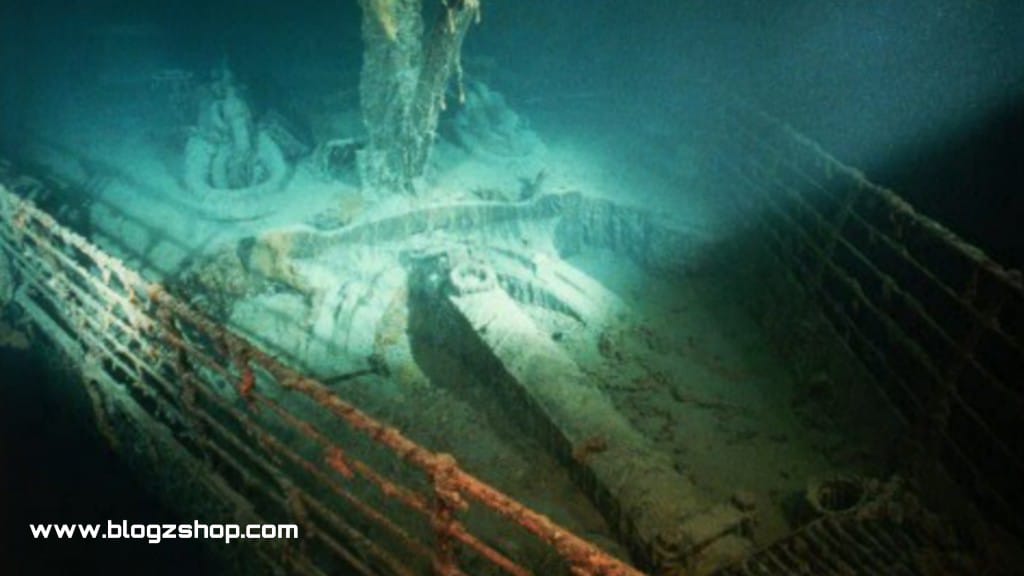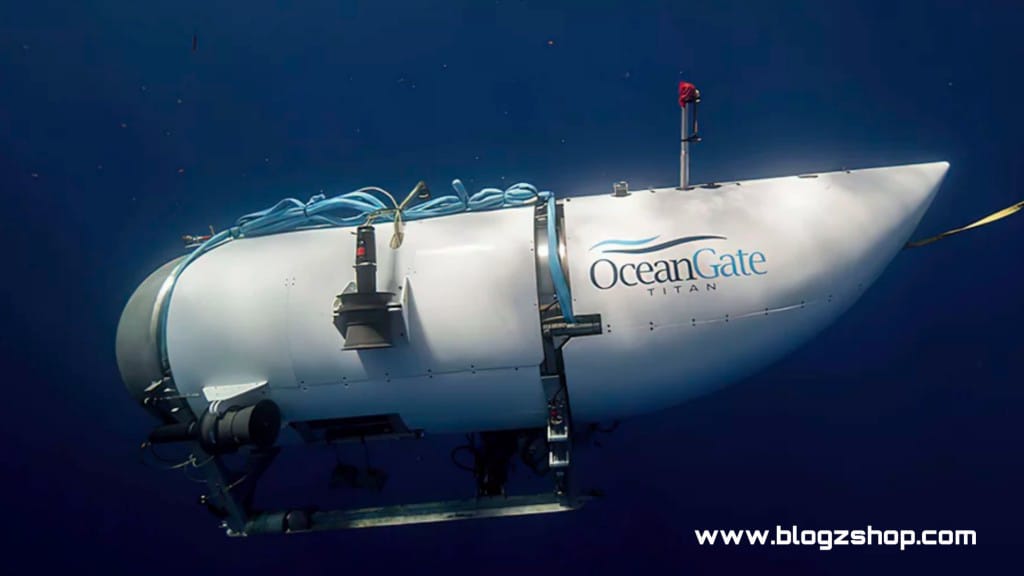Menu

The Titanic Incident: Exploring the Depths of Tragedy and Discovery
The Titanic ship incident remains one of the most compelling stories in maritime history. A tragic event occurred on the night of April 14, 1912, when the RMS Titanic, the "unsinkable" luxury liner, collided with an iceberg and sank into the depths of the North Atlantic Ocean. In this article by Blogzshop, we will delve into the details surrounding this disaster, explore the subsequent expeditions to the Titanic wreckage, and discuss the lasting impact it has had on our collective consciousness.
The Fateful Night: Unraveling the Disaster
The Titanic, a technological marvel of its time, embarked on its maiden voyage from Southampton, England, to New York City, USA. However, tragedy struck when the ship struck an iceberg, causing severe damage to its hull. Despite efforts to save the vessel, the Titanic ultimately sank, resulting in the loss of over 1,500 lives. The incident sent shockwaves around the world and sparked a multitude of inquiries into the safety standards of the maritime industry.
The Aftermath and Investigations
Following the Titanic disaster, multiple investigations were conducted to determine the causes and responsibilities surrounding the incident. The inquiries led to crucial changes in maritime regulations, including establishing the International Convention for the Safety of Life at Sea (SOLAS). The disaster highlighted the need for adequate life-saving equipment, improved communication systems, and stricter iceberg surveillance measures.
Rediscovering the Titanic
Decades after the sinking, the allure of the Titanic and its historical significance prompted numerous expeditions to locate and document the wreckage. In 1985, an expedition was led by Dr. Robert Ballard to discover the shipwreck which was resting nearly 2.5 miles below the ocean's surface. This groundbreaking discovery revealed the shattered remains of the once-grand vessel, serving as a haunting reminder of the human lives lost and the incredible power of the ocean.
Technological Advancements in Submarine Exploration
The exploration of the Titanic wreckage pushed the boundaries of deep-sea exploration technology. Remotely Operated Vehicles (ROVs) equipped with cameras and robotic arms allowed scientists and researchers to capture high-resolution images and collect artifacts from the site. These technological advancements not only enabled a better understanding of the disaster but also paved the way for further exploration of other submerged historical sites.
Preserving the Titanic's Legacy
Efforts to preserve the Titanic's legacy have been ongoing since its discovery. Various organizations, such as the National Oceanic and Atmospheric Administration (NOAA) and the R.M.S. Titanic, Inc., have documented and conserved the wreckage. Additionally, the artifacts recovered from the ship have been displayed in museums worldwide, allowing visitors to connect with the history and tragedy of the Titanic.
The Cultural Impact of the Titanic
The Titanic's story has captured the imagination of people around the world and has been immortalized in books, films, and other forms of media. From James Cameron's blockbuster movie "Titanic" to numerous documentaries and literature, the tale of the ill-fated ship continues to resonate with audiences, showcasing the enduring power of storytelling and the human fascination with historical events.
Conclusion
The Titanic submarine incident remains a significant chapter in human history, forever etched into our collective memory. From the tragedy itself to the subsequent explorations, this maritime disaster has shaped the way we view maritime safety and exploration. The Titanic's story serves as a poignant reminder of the fragility of human endeavors in the face of nature's might. As we continue to learn from this event, the memory of the Titanic and the lives lost aboard will endure, reminding us of the importance of progress, safety, and the resilience of the human spirit.
Now, wait for our next blog on the current tragedy that happened with the Titan submersible and 5 people including the CEO of the expedition company "Oceangate".








